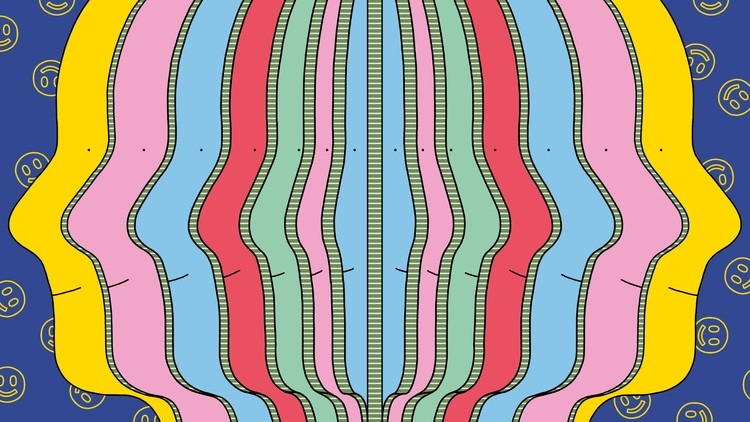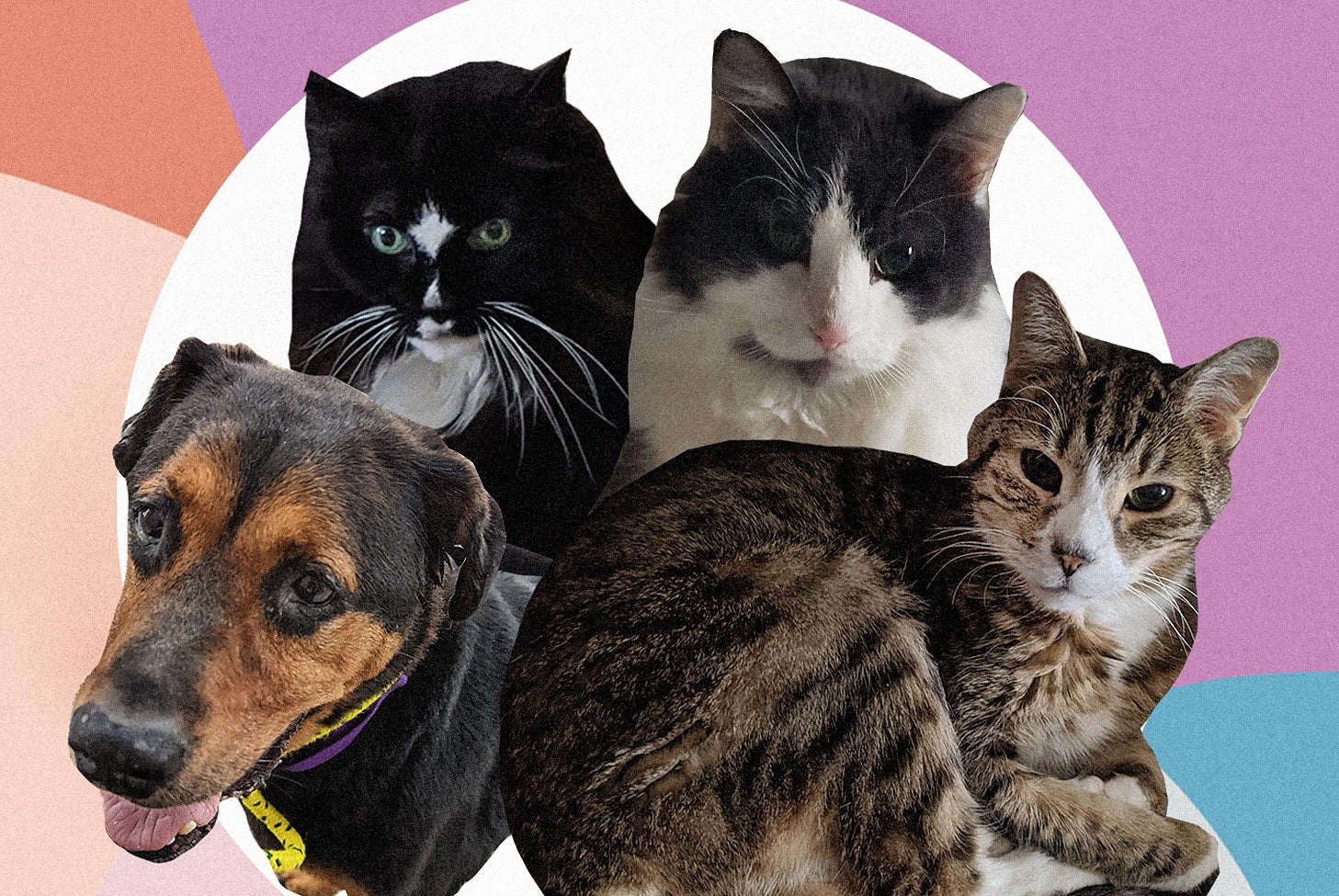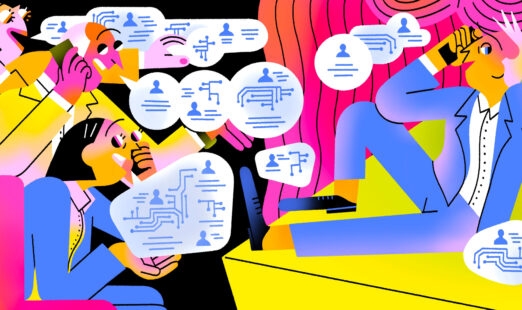They told me they couldn’t offer me an interview with her at this time. Fine by me—I didn’t want to talk to her anyway. She talks a lot and doesn’t say much. A Financial Times profile published on the occasion of her fiftieth birthday suggested we have her to thank for spirulina, celebrity skin care lines, the good divorce, blended families, sex positivity, and dry skin brushing (just what it sounds like). I’ve also heard she made yoga happen. This is all obviously ridiculous, flatly ahistorical, except maybe the celebrity skin care line thing, but that doesn’t matter—even if someone thinks she’s done more harm than good, and that a lot of it is an upscale scam, they will comment, wearily, pragmatically, just a little bit enviously, that you have to respect it, don’t you, what she’s done. She has successfully integrated her imperial wellness company into American life. Memories of a time when gut health wasn’t something you discussed at parties are distant. Moms are microdosing. Vulnerability reigns. The countervailing spirit of resistance to quackery and “fake news” that characterized the Trump era is over, and eggs made of jade that you’re supposed to put in your vagina are still for sale. Everybody knows about the vagina eggs. The elderly know about them. People from Belgium know about them. What comes next, epochally, is still unclear. In the meantime, she has been, for some reason, partnering with a cruise line.
Last summer, I got an email from my editor asking, sneakily, among the how are you’s, “Have you ever thought about writing on wellness??” She was looking for someone to go on “the Goop cruise.” Like most female writers, I had thought about writing on wellness, mainly in terms of the free stuff I could get to do so. And for name recognition and potential hate-read appeal, a Goop assignment is the ne plus ultra of wellness writing. I don’t know anyone who uses the Goop skin care products, much less reads the graphomaniacal website or attends the “In Goop Health” summits, but I had a hunch that the products, the actual Goop, were nice.
Read the rest of this article at: Harper’s Magazine
Last week, a TikTok user named Ghostwriter used AI voice-emulating technology to make a song that sounded like a collaboration between the artists Drake and The Weeknd. The result was surprisingly non-awful. The track blew up on social media, generating hundreds of thousands of listens, before several platforms took it down at the request of the Universal Music Group.
Naturally, the AI song triggered a spasm of panicked hermeneutics: What did this strange achievement in synthetic art mean?
Some observers took things in a dystopian direction. It didn’t take much to imagine a near future where fake songs and real songs intermingled, where, for every authentic Taylor Swift track, the internet was replete with hundreds, thousands, even millions of plausible Taylor Swift knockoffs. Inundated by AI, pop culture would descend into a disinformation hellscape.
Alternatively, one could lean into optimism. Ghostwriter (probably) isn’t one of the great musical geniuses of the world, yet here he had produced something catchy. If anonymous internet users can make bangers in their basement using AI, what does that mean for actual hitmakers? Researchers studying the introduction of AI in the game Go have found that the rise of superhuman machines has “improved human decision-making” as the top players have learned to incorporate the novel strategies of AI to become more creative players. Similarly, one could imagine the best songwriters in the world honing their skills with a superhuman co-writer.
But lately I’ve become a little bored by the utopia-dystopia dichotomy of the AI debate. What if writing a song and dubbing in celebrity voices doesn’t clearly point us toward a disinformation hellscape or a heaven of music-writing creativity? What if the ability to send media that make you sound like a celebrity to your friends is, fundamentally, just kind of neat? As the tech writer Ben Thompson has pointed out, artists like Grimes and Drake could stand to make a lot of money if they sold licenses of their AI-generated voices and let their fans share little songs with one another, provided that any money made from the music would be split between the original artist and the user. Sure, you might get some surprise bangers. But mostly, you’d get a lot of teenagers recording high-school gossip in the style and voice of Drake. That’s not dystopian or utopian. That’s just the latest funny way to waste time.
Read the rest of this article at: The Atlantic
Kindness and niceness, though both excellent personal qualities, are not the same thing. The former is to be good to others; the latter is about being pleasant. They don’t even have to go together. Some say, for example, that New Yorkers are kind but not nice (“Your tire is flat, you moron—hand me your jack”), in contrast to Californians, who are nice but not kind (“Looks like you’ve got a flat tire there—have a good day!”).
Despite the traits’ practical differences, social scientists generally don’t separate niceness and kindness, but lump them together as “prosocial behavior.” The category includes such actions as helping others without solicitation or reward, donating to a charity, and giving someone a compliment. Research shows that being prosocial clearly raises happiness, more so than treating yourself. The converse is true too: A recent review of the academic literature found that happier people act more prosocially. In short, for the sake of your own well-being, there are good reasons to try to be kind.
Read the rest of this article at: The Atlantic
Martin’s 8-pound body had always been long and lean. A year after we brought him home, his stomach began to bloat, and within a week his distended abdomen resembled the shape of a small football. I made a vet appointment immediately.
It was the height of COVID-19. We were asked to drop him off at the clinic and wait for the doctor’s call. My partner and I killed time meandering around north Brooklyn on a blindingly sunny fall afternoon. My phone rang.
“Just want to get this right?” the vet asked. “You … adopted a 14-year-old cat?”
I had indeed. I remember the day, sauntering confidently into the Brooklyn municipal shelter. “I’d like to see the oldest cats you have,” I said to the adoptions counselor.
From the beginning, there were always cats in my life: the outdoor cats who lived in the insulated shelters on our porch built by my father. The feral cats who turned out not to be so feral and eventually found their way indoors. The cats we took in after neighbors threw them out and the cats that other neighbors found but couldn’t keep. There were dogs, too, at my aunt’s house two blocks away, but none in my home, since my mother was allergic. If one rule was clear to me as a child, it was this: We take care of animals in need, and we do it without question.
I was in my mid-30s when that moment finally came. The 20-year-old charcoal cat who was blind and had just been surrendered by his family appeared to be a good option, until I found out he had been pulled by a rescue (meaning that a rescue organization swooped in to place him with a foster family; these largely volunteer-run groups find homes for animals who are less likely to be adopted—whether due to medical or behavioral issues or advanced age). The incredibly sweet, all-black 5-year-old staff favorite that shelter employees tried to convince me to take home was not a good option either. I needed a senior pet.
Read the rest of this article at: Slate
Phone to my ear, I listen to it ring the way a stage actor, surging with adrenaline, counts the final seconds to his cue. Eyes closed, I breathe in sync with it.
A woman picks up on the fourth ring. I recognize the voice and feel the tension in my knuckles relax a bit. My eyes pop open and I hit my mark.
“Hey, Zoe, it’s Kevin in compliance.”
“Hi, Kev,” she says.
“How you doin’?” I ask, my Philly accent like a fist tapping at the window.
“The cancer is back.”
It pains me to hear this. I’ve been calling Zoe for more than a decade, and she’s never been anything less than incredibly helpful. I count on her to help me do my job and do it well. Though we’ve never met, I like her and feel like we know each other. I hate the idea of her getting sick and leaving the company, one of the largest financial institutions in the world. Among other things, it means my work will get much more challenging.
I need her to look up the name, title and cell phone number for a high-level executive at the bank, plus the names and numbers of everyone who reports to him. I’m in kind of a hurry, but I’m not an asshole. I need to hear about her illness first.
“I’m sorry to hear that, Zoe. What’s the situation?”
“It’s not good,” she says.
I can tell she is going to say something else, and I’m pretty sure I know what it is. She’s going to share with me how much time she has left. I can hear it in her pauses. After so many years working the phone, I’ve learned to pick out the nuances, the things being said behind what’s being said, entire life stories even, in a hesitation or vocal inflection, in blank moments in time.
“Hey, I had a friend who was down for the count, and he’s still around five years later,” I say. “They’re coming up with new treatments every day. You’ve just got to stick around, and they’ll find something.”
“I’m on a new chemical now.”
“See? Don’t you worry. You and I will be having these chats for years to come.”
I mean it. She knows I do. I can hear it in the whisper of a smile on the other end of the line.
A few years ago, after she got divorced, Zoe tried to initiate a little flirtation. I was game. Among other things, that kind of rapport would help grease the wheels when I needed help with something.
“Are you single?” she’d asked.
“I am at the moment.”
“Do you ever visit Dallas?”
Read the rest of this article at: Narratively









